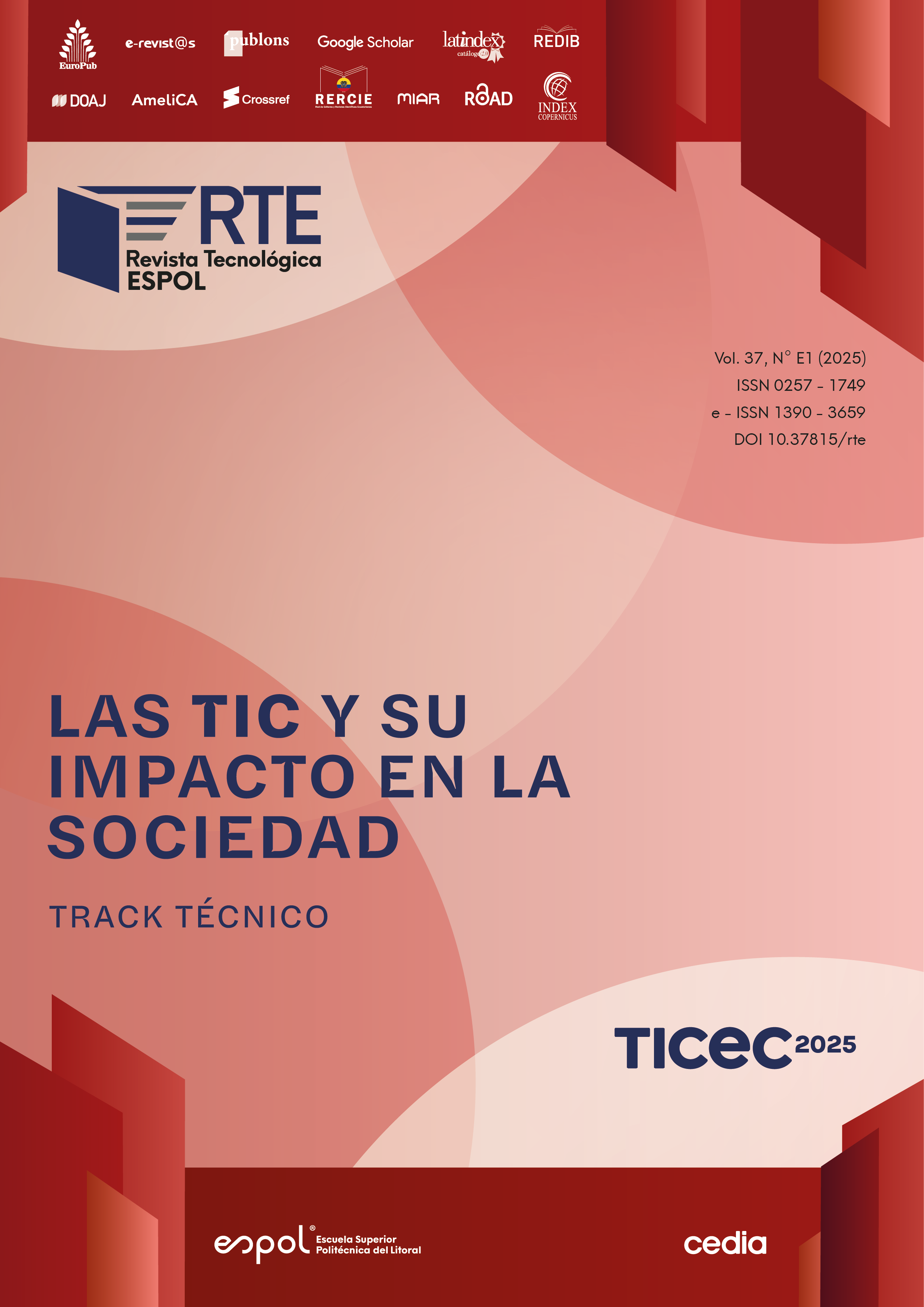La asignación de docentes a materias en educación superior constituye un desafío crítico para la gestión académica, ya que impacta directamente en la calidad del proceso de enseñanza-aprendizaje. A pesar de su vigencia, los procesos manuales de asignación enfrentan retos evidentes, como la subjetividad, la falta de estandarización y una elevada carga administrativa. Frente a este escenario, este trabajo plantea un sistema recomendador que combina el análisis de sentimientos, mediante modelos de lenguaje basados en transformers adaptados localmente (RoBERTuito), con técnicas de optimización matemática, con el propósito de alinear las competencias de los docentes con los requerimientos académicos específicos. Para ello, se desarrollaron perfiles docentes enriquecidos a partir de evaluaciones históricas, comentarios estudiantiles clasificados automáticamente y competencias definidas institucionalmente bajo el marco del pentágono de competencias. Además, se incorporaron pesos dinámicos que permiten ajustar la relevancia de los factores pedagógicos y técnicos según las particularidades de cada ciclo académico. Los resultados obtenidos con el sistema recomendador muestran una alta correspondencia entre las recomendaciones generadas y las asignaciones manuales, especialmente en carreras de perfil técnico. Adicionalmente, los directores de carrera que lo utilizaron en un piloto valoraron favorablemente el sistema, indicando que no solo disminuye significativamente la carga operativa, sino que también se consolida como una herramienta estratégica con alto potencial de escalabilidad y replicabilidad en diversos contextos educativos.

Esta obra está bajo una licencia internacional Creative Commons Atribución-NoComercial 4.0.
Referencias
Bannan-Ritland, B. (2003). The role of design in research: The integrative learning design framework. Educational Researcher, 32(1), 21–24.https://doi.org/10.3102/0013189X032001021
Calle López, D. E., Cornejo Reyes, P. J., Pesantez Aviles, L. F., Rodas Tobar, M. I., Vasquez Vasquez, C. E., & Robles Bykbaev, V. E. (2018). Un sistema experto basado en minería de datos y programación entera lineal para soporte en la asignación de materias y diseño de horarios en educación superior. Enfoque UTE, 9(9), 102–117. https://doi.org/10.29019/enfoqueute.v9n1.226
Daqiqil, I. D., Saputra, H., Syamsudhuha, S., Kurniawan, R., & Andriyani, Y. (2024). Sentiment analysis of student evaluation feedback using transformer-based language models. Indonesian Journal of Electrical Engineering and Computer Science, 36(2), 1127–1139. https://doi.org/10.11591/ijeecs.v36.i2.pp1127-1139
Gonzalez-Gomez, L. J., Hernandez-Munoz, S. M., Borja, A., Azofeifa, J. D., Noguez, J., & Caratozzolo, P. (2024). Analyzing natural language processing techniques to extract meaningful information on skills acquisition from textual content. IEEE Access, 12, 139742–139757. https://doi.org/10.1109/ACCESS.2024.3465409
Hénard, F., & Le Prince-Ringuet, S. (2008, octubre). The path to quality teaching in higher education (OECD IMHE Programme report; pp. 1–50). Organización para la Cooperación y el Desarrollo Económicos. http://www.oecd.org/edu/imhe/44150246.pdf
Krugel, J., Hubwieser, P., Goedicke, M., Striewe, M., Talbot, M., & Olbricht, C. (2020). Automated measurement of competencies and generation of feedback in object-oriented programming courses. 2020 IEEE Global Engineering Education Conference (EDUCON), 1907–1914. https://doi.org/10.1109/EDUCON45650.2020.9125323
Maldonado-Mahauad, J., Lozano, D. M., & Pacheco, J. (2024). Sistema de recomendación de cursos en línea basado en el perfil de competencias TIC del docente. Revista Tecnológica-ESPOL, 36(E1), 196–214. https://doi.org/10.37815/rte.v36nE1.1201
Patfield, S. (2022). Towards quality teaching in higher education: Pedagogy-focused academic development for enhancing practice. International Journal for Academic Development, 27(4), 329–344. https://doi.org/10.1080/1360144X.2022.2103561
Perdomo-Charry, G., & Riascos-Erazo, S. (2008). El rol de la gestión del conocimiento en la gestión del talento humano. Revista Universidad y Empresa, 10(15), 111–131. https://dialnet.unirioja.es/servlet/articulo?codigo=6936999
Pérez, J. M., Furman, D. A., Alonso Alemany, L., & Luque, F. (2022). RoBERTuito: A pre-trained language model for social media text in Spanish. arXiv preprint arXiv:2111.09453. https://doi.org/10.48550/arXiv.2111.09453
Rico, R. L. A. (2019). Formación y evaluación docente basada en un perfil por competencias: Una propuesta desde la práctica reflexiva. Revista Educación, 43(2), 1–29. https://www.redalyc.org/articulo.oa?id=44058158022
Sahoo, A., Chanda, R., Das, N., & Sadhukhan, B. (2023). Comparative analysis of BERT models for sentiment analysis on Twitter data. In Proceedings of the 2023 9th International Conference on Smart Computing and Communications (ICSCC) (pp. 658–663). IEEE. https://doi.org/10.1109/ICSCC59169.2023.10335061
Shuqin, H., & Raga, R. C. (2024). A deep learning model for student sentiment analysis on course reviews. IEEE Access, 12, 136747–136758. https://doi.org/10.1109/ACCESS.2024.3463793
Song, C., Chen, S., Cai, X., & Chen, H. (2024). Sentiment Analysis of Spanish Political Party Communications on Twitter Using Pre-trained Language Models. arXiv preprint arXiv:2411.04862. https://doi.org/10.48550/arXiv.2411.04862
Szwarc, E., Wikarek, J., Gola, A., Bocewicz, G., & Banaszak, Z. (2020). Interactive planning of competency-driven university teaching staff allocation. Applied Sciences, 10(14), https://doi.org/10.3390/app10144894
Tabares-Ospina, H. A., Monsalve-Llano, D. A., & Diez-Gomez, D. (2013). Modelo de Sistema Experto para la Selección de Personal Docente Universitario. TecnoLógicas, (30), 51-70.
Universidad de Cuenca. (2022). Concursos de méritos y oposición. https://www.ucuenca.edu.ec/wp-content/uploads/2025/08/2.-RCE-CES.pdf







